The EU is no friend of Ukraine
The EU poses as saviour of Ukraine, but in reality it never wanted this eastern state as a member.
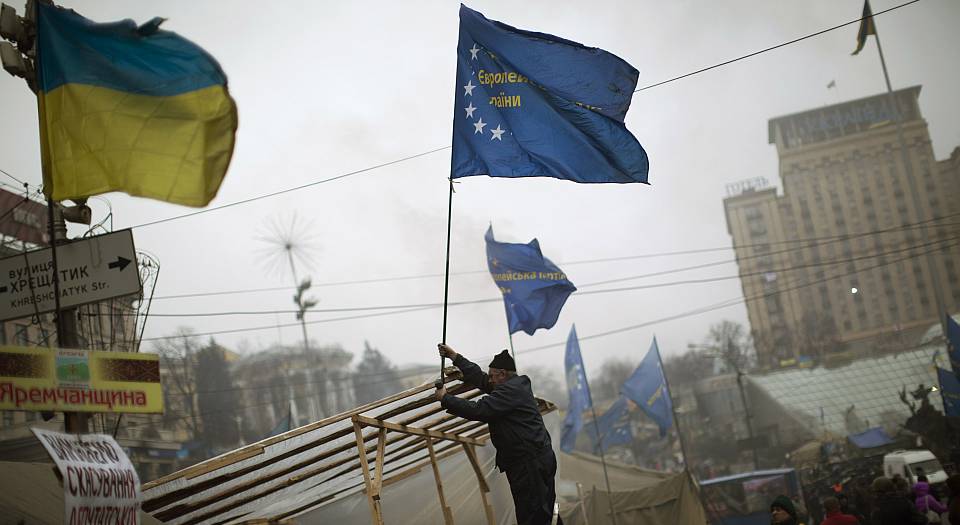
Want to read spiked ad-free? Become a spiked supporter.
Not since the end of the Cold War has there been so much media and political conformity on an international issue as there is over the Ukraine crisis. The story we are presented with is this: In the years following the end of the Cold War, Ukraine has been struggling to be free of Moscow’s yoke and to join the European Union. Thus when President Viktor Yanukovich (a Moscow stooge) rejected the EU Association Treaty in November 2013, the country’s pro-democratic forces could stand it no longer and they launched a struggle for the heart and soul of Ukraine. The current crisis, we have been told, is all about Ukraine attempting to make an historic break from Moscow’s clutches.
To say that Western coverage of the Ukraine crisis has been light on facts and heavy on anti-Russian propaganda does not begin to do justice to the extraordinary levels of misinformation. In fact, the reality of the history of the relationship between Ukraine and the EU is almost the exact opposite to the claims being made in the mainstream media. Far from Ukraine being at the centre of a battle between West and East, actually the EU has consistently rejected Ukraine’s requests for membership. In place of membership, the EU has attempted to manage its relationship with Ukraine through various agreements and frameworks, all of which have been premised upon the refusal of the EU to accept Ukraine as a member. Most recently, the relationship has been managed through the European Neighbourhood Programme (ENP)/Eastern Partnership (EP) Programme. It was Ukraine’s rejection of an EP association agreement (which had been negotiated over several years and again was explicitly not a stepping stone to EU membership) that sparked the current crisis.
Ukraine was the first former Soviet Bloc state to sign a Partnership and Cooperation Agreement (PAC) with the EU in 1994 (though it was not ratified until 1998). In 1998, Leonid Kuchma, who was then president of Ukraine, formally stated that Ukraine sought EU membership. The context for this request was the beginning of the accession process for the ‘Luxembourg Six’, the first wave of candidate countries agreed at the 1997 Luxembourg European Council: Poland, Hungary, Cyprus, Slovenia, Estonia and the Czech Republic. In 1999, the EU announced another wave of candidate countries and opened accession negotiations in 2000 with Bulgaria, Latvia, Lithuania, Romania, Slovakia and Malta. Ukraine’s aspirations for membership were rejected, but the EU formally welcomed Ukraine’s ‘European choice’ .
In 2002, the EU launched the New Neighbours Initiative (NNI), aimed at states that would become neighbours of EU states following the 2004 expansion. The NNI was aimed at Ukraine, Belarus and Moldova. It was explicitly not a pre-membership programme. Concerns that the NNI was too exclusive, pushing aside Russia, led to it being rebranded the Wider Europe Initiative. By putting Ukraine back in the same ‘wider’ fold as Russia, the EU was again dashing Ukrainian hopes for membership. The launch of the European Neighbourhood Policy (ENP) in 2004 did little to appease Ukrainian desires for EU membership – instead, to much political chagrin in Ukraine, it lumped Ukraine with states such as Syria, Jordan and Algeria, which clearly would never be considered for membership of a European institution.
Then came the so-called Orange Revolution of 2004-2005, in which the EU actively participated, playing a key role in the negotiations between the rival politicians Kuchma, Yushchenko and Yanukovich. Even after this ‘revolution’, which some observers framed as a fight by Ukraine to join the EU, the European Commissioner for the ENP, Benita Ferrero-Waldner, was adamant that Ukraine should not be given membership. The EU did, however, sign an EU-Ukraine Action Plan, but this was once again explicitly not a path to membership. The Eastern Partnership (EP) was launched by the EU in 2009 as part of the broader ENP. The EP was also not a serious stepping stone to membership, and once again Ukraine took umbrage at the countries it was now being lumped with, which included Georgia and Armenia.
One of the key sources of tension between the EU and Ukraine has been that each new agreement or framework has required quite considerable internal economic and political transformation on the part of the states signing up. The EU has castigated Ukraine for its failure to push through certain internal reforms; and Ukrainian elites have pointed out that there is little incentive for them to embark on, for example, an overhaul of Ukrainian production standards given that they have no guarantee of access to the Single Market. As Sabine Fisher, an academic at the German Institute for International and Security Affairs, has argued, the ENP requires considerable pain but with no long-term promise of EU membership.
It would be fair to say that since the Orange Revolution, the situation in Ukraine has been one of serious political instability, in which it has been doubtful that any ruling party or group could have achieved serious reforms. At the 2010 presidential elections (which OSCE monitors dubbed an ‘impressive display of democracy’), Yanukovich once again became president. He announced a more pragmatic approach to the EU – not, it must be noted, a ‘turn away’ from Europe but a pragmatic policy in the context of the EU’s longstanding refusal to consider Ukraine for membership and mounting problems in the Ukrainian economy.
One of the problems with the ENP is that it is an attempt by the EU to have its cake and eat it, to project its influence further east without the costs of accession for certain states. It is, as Kataryna Wolczuk, an academic at the University of Birmingham, has succinctly put it, a bureaucratic answer to a political question. However, in the context of real political problems and disagreements, it is an evasion that cannot last.
This takes us to the recent events that preceded the current crisis, including the rejection by Yanukovich of the latest Ukraine-EU agreement done under the auspices of the ENP/EP. This association agreement was a quite comprehensive trade and political agreement to be signed by the EU and other Eastern Partnership countries. The Ukraine-EU agreement had been in negotiation since 2011 – concerns over the rule of law in Ukraine continually put a block on its completion.
Ukrainian public opinion on signing up to the EU association agreement was mixed, with 50 per cent in favour of it but 48 per cent preferring to enter into a customs union with Russia. As is well known, public opinion in Ukraine is split geographically, with western areas favouring closer association with the EU and eastern and southern areas, where there are more Russian speakers, favouring closer association with Russia. This has been the case since the 1990s, with national polls suggesting a relatively neat geographical split between support for EU integration and a desire for cooperation with Russia.
Following the rejection of the agreement in November 2013, and Yanukovich’s announcement that Ukraine would sign a loan and gas deal with Russia, angry protesters went to Kiev’s central square, and the rest is recent history. EU and American politicians embarked on an extraordinarily reckless campaign of intervention into the crisis in Ukraine, stirring up and intensifying the tensions there. In February this year, rather embarrassingly for the West, a leaked phone call revealed that the EU and US were already negotiating with various Ukrainian politicians about what would happen once Yanukovich left, as he eventually did. Polish, French and German foreign ministers flew to Kiev and more or less told Yanukovich to pack his bags; they then started negotiations with other politicians. Many Ukrainians, quite understandably, view this as an externally supported coup.
Yanukovich’s pragmatic position on the EU, his decision to opt for the Russian loan over the EU’s association agreement and the initial protests of pro-EU Ukrainians horrified at the rejection of the association agreement all need to be understood in the context of recent Ukrainian history, and the historical and geographical divisions within Ukraine itself. The story we are told now – that the EU longs to embrace Ukraine into the Western democratic fold – is false. In reality, the EU has never considered Ukraine fit for membership. Its cultivation now of an EU-friendly government in Kiev is really an act of political cynicism rather than an embrace of an eastern nation, and it is having disastrous and divisive consequences across Ukraine.
Tara McCormack is a lecturer in international politics at the University of Leicester. She is author of Critique, Security and Power: The Political Limits to Critical and Emancipatory Approaches to Security, published by Routledge. (Buy this book from Amazon(UK).)
Who funds spiked? You do
We are funded by you. And in this era of cancel culture and advertiser boycotts, we rely on your donations more than ever. Seventy per cent of our revenue comes from our readers’ donations – the vast majority giving just £5 per month. If you make a regular donation – of £5 a month or £50 a year – you can become a and enjoy:
–Ad-free reading
–Exclusive events
–Access to our comments section
It’s the best way to keep spiked going – and growing. Thank you!

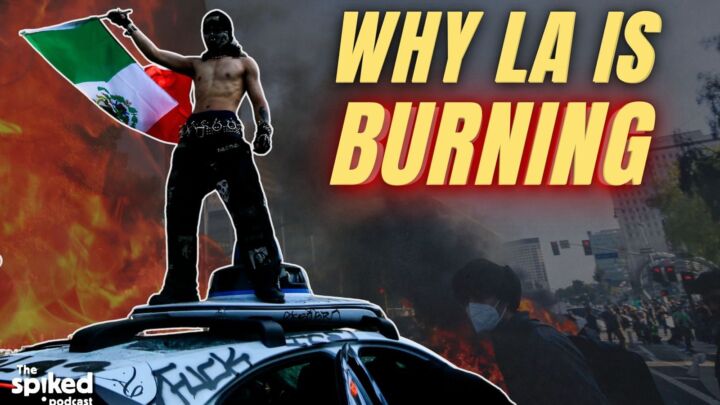
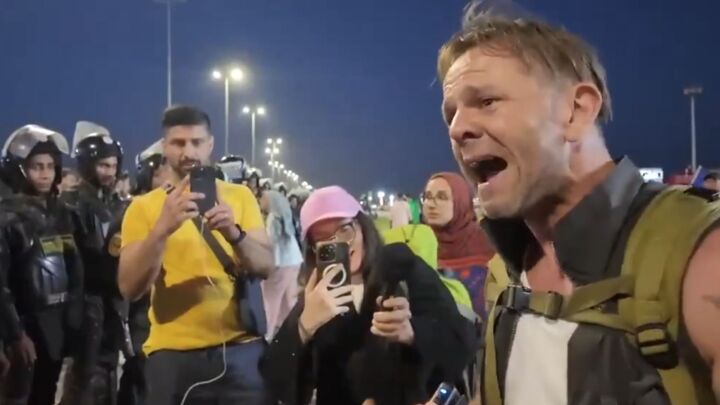
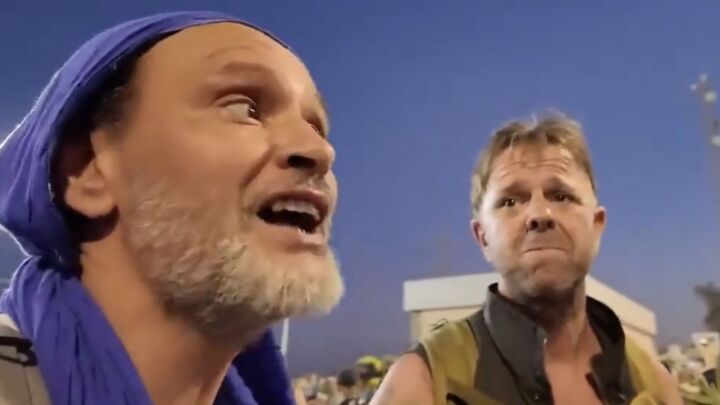
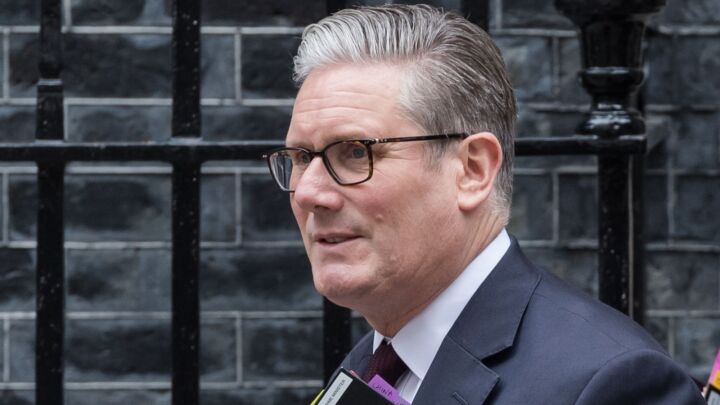
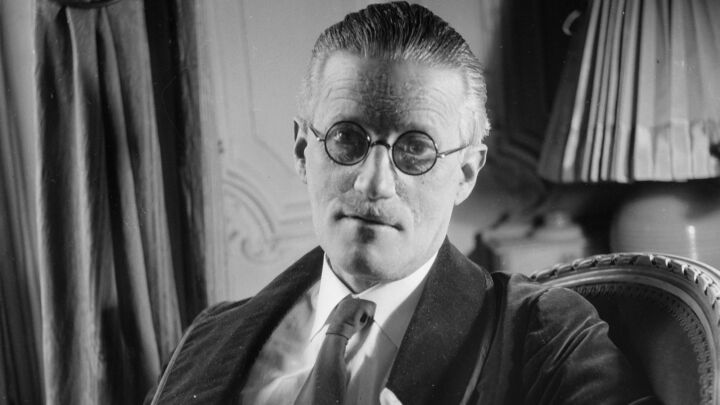
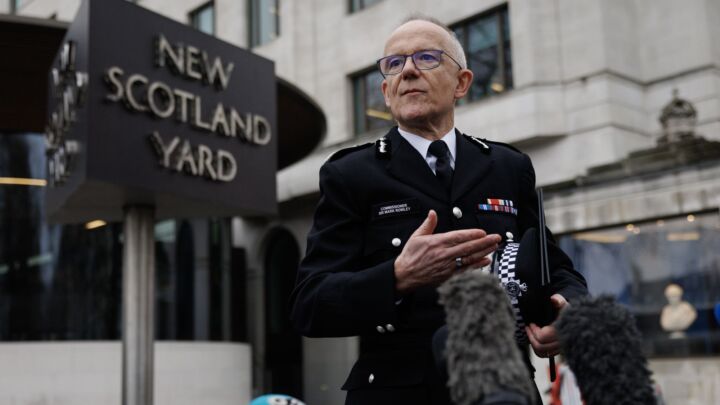

Comments
Want to join the conversation?
Only spiked supporters and patrons, who donate regularly to us, can comment on our articles.